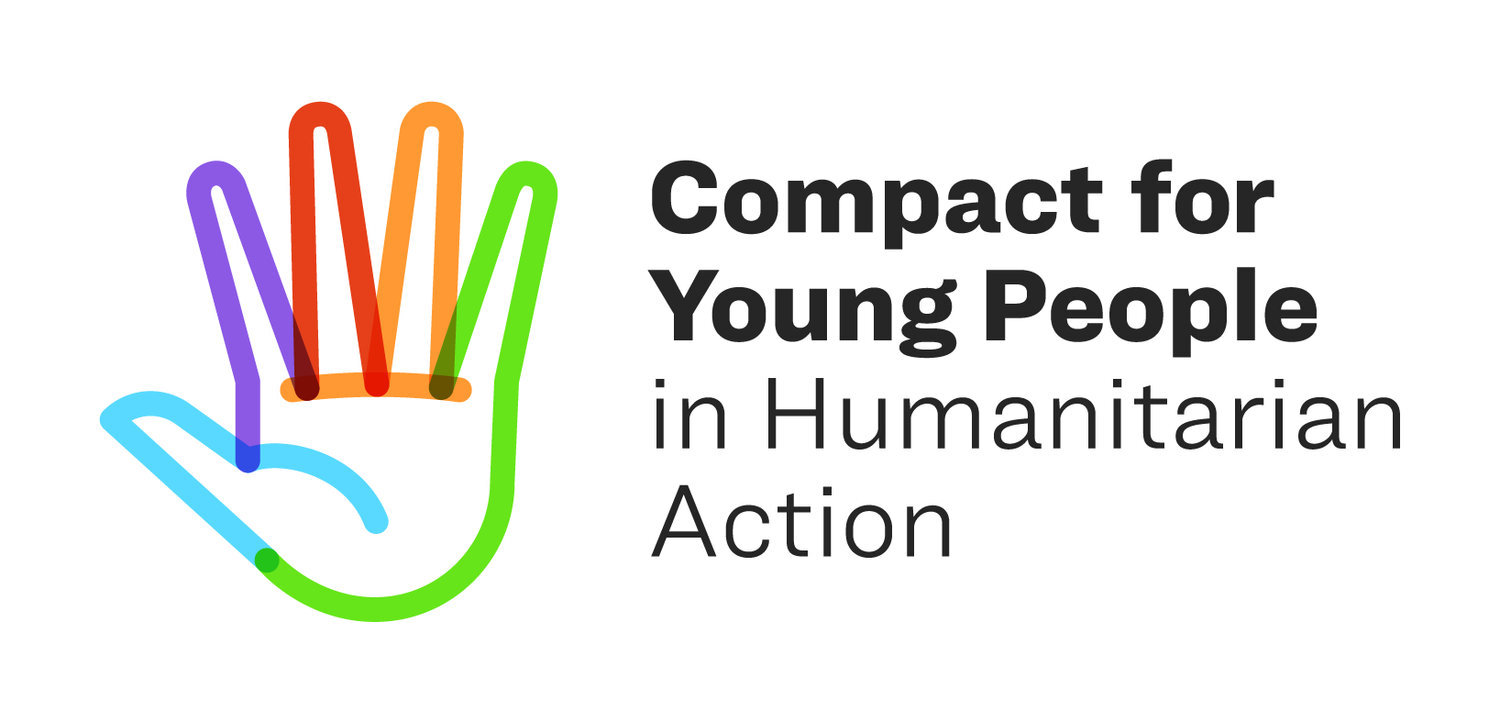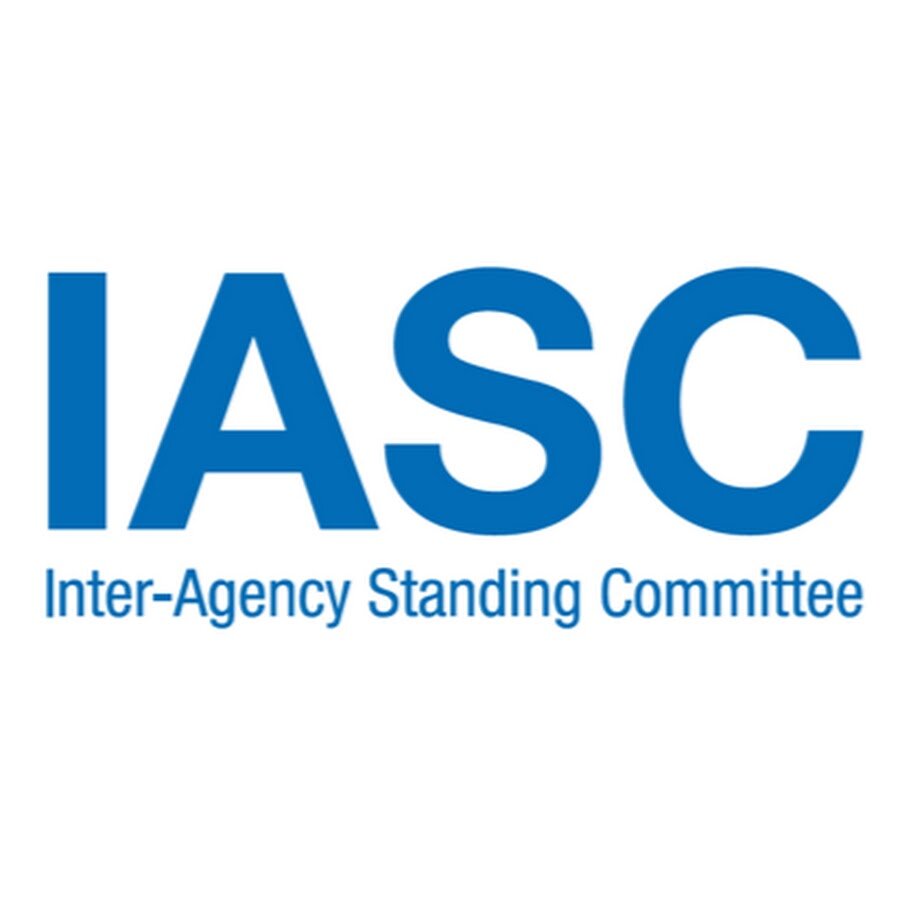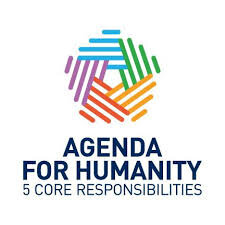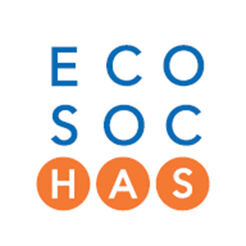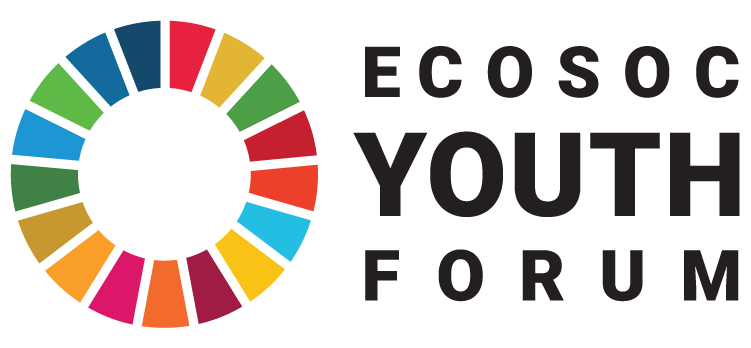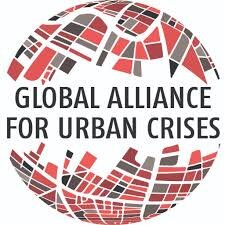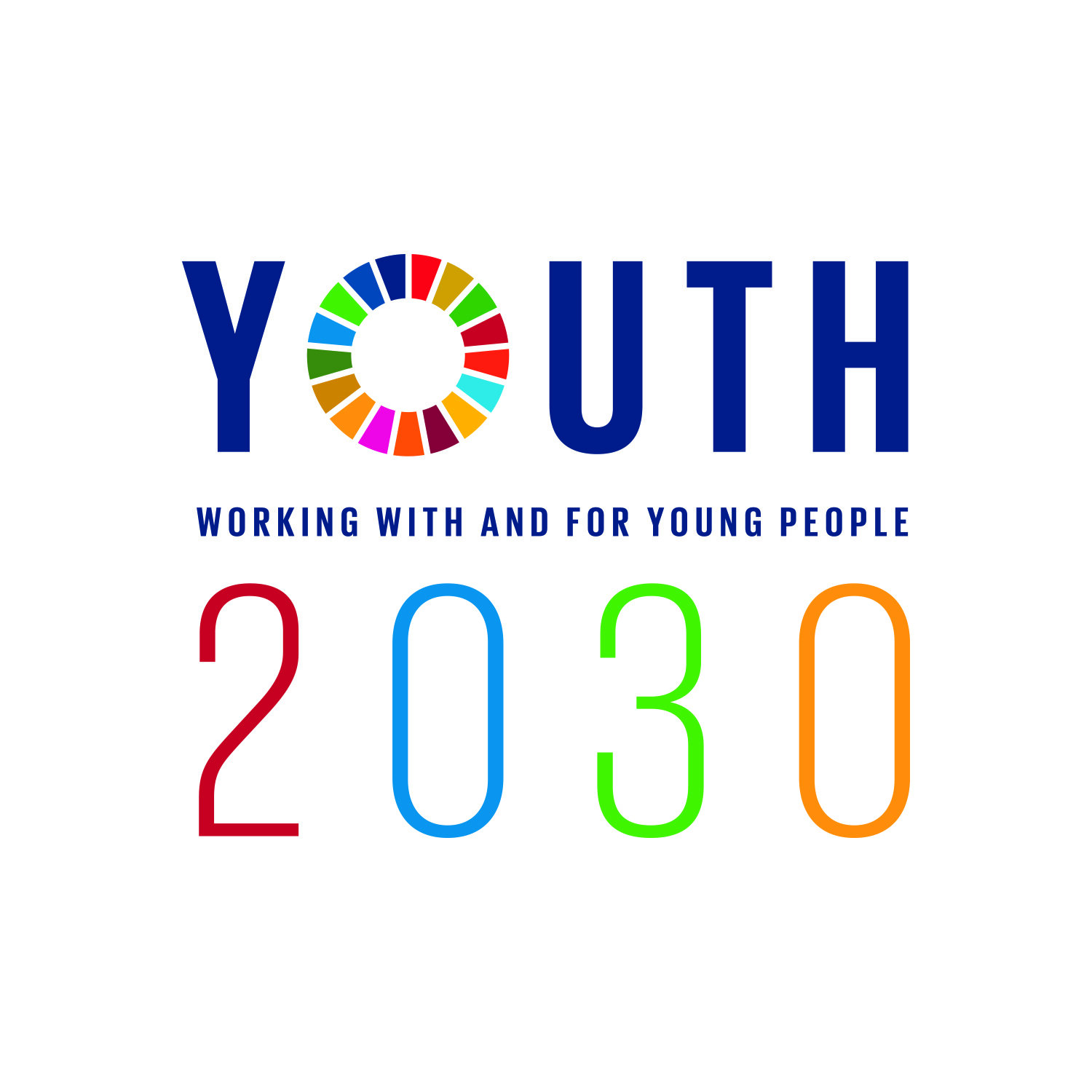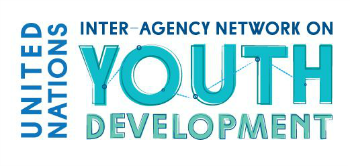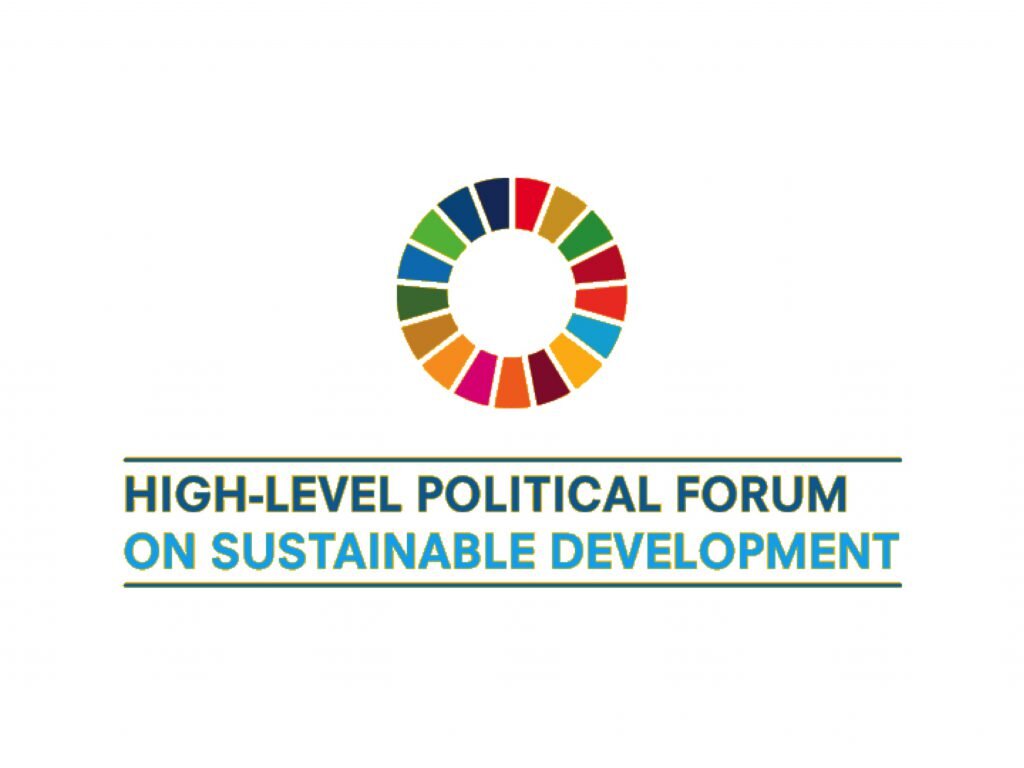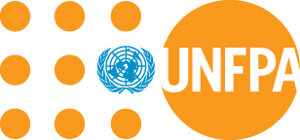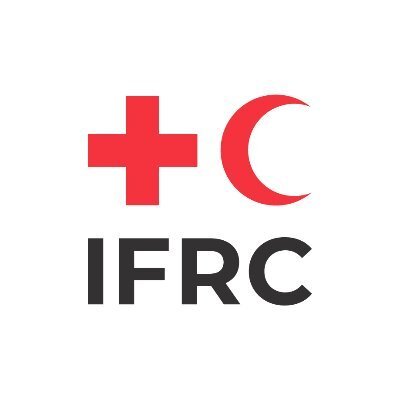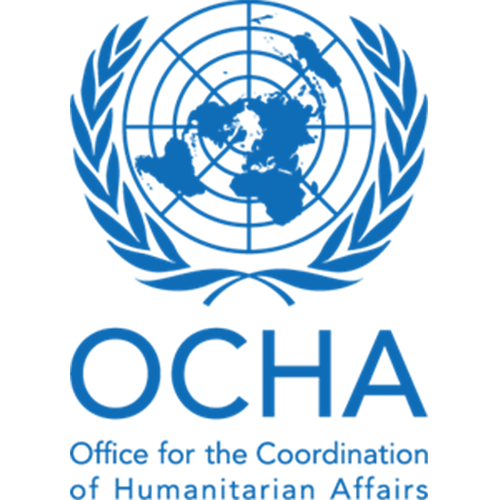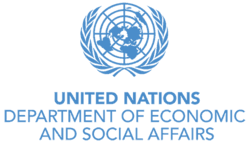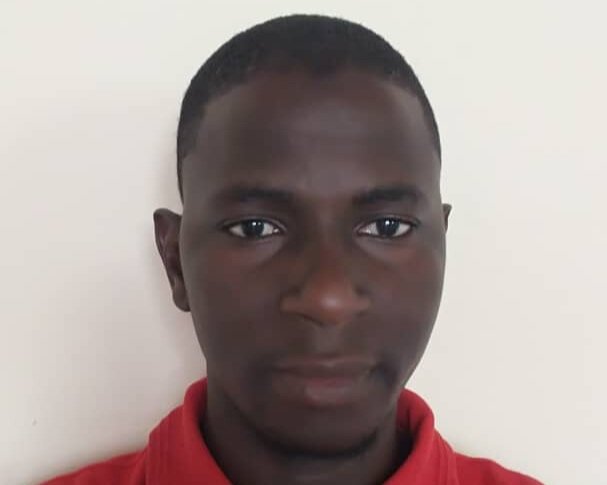Humanitarian Affairs
Global Youth Humanitarian Caucus
Around the world, increasingly complex and protracted crises strike a rising number of people. These threats require well-coordinated responses drawing on skills and resources from diverse partners, particularly given the scale of the impacts and rapidly escalating costs. We work to engage young people in all aspects of the UN’s work on Humanitarian Affaris.
News and Updates
Our Primary Engagement Avenues in the UN
The following processes and avenues at the UN provide spaces for young people to engage in its work on Humanitarian Affairs
Compact for Young People in Humanitarian Action
The compact is an unprecedented and collective commitment of key actors to ensure that the priorities, needs and rights of young women and young men, girls and boys affected by disaster, conflict, forced displacement and other humanitarian crises, are addressed, and that they are informed, consulted, and meaningfully engaged throughout all stages of humanitarian action. The signatories to the compact commit to not only specifically fund, research and address youth’s needs in crisis settings, but also, to ensure they are part of designing and leading those responses.
Our Role:
Leaders Council that convenes the compact at the highest level
Member of the Secretariat
Lead of Task Team 2 on Youth Engagement
Inter-Agency Standing Committee
It is the longest-standing and highest-level humanitarian coordination forum of the UN system, bringing together the executive heads of 18 UN and non-UN organizations to ensure coherence of preparedness and response efforts, formulate policy, and agree on priorities for strengthened humanitarian action. The Committee is supported by subsidiary bodies; groups of decision-makers and experts who inform and carry out the priorities set by the IASC.
Our Role:
In order to facilitate youth engage in the IASC’s work related to the Secretary General’s report and the HAS we serve as a member of Outreach Group of Inter Agency Standing Committee for Humanitarian Affairs
The Agenda for Humanity
It is a five-point plan that outlines the changes that are needed to alleviate suffering, reduce risk and lessen vulnerability on a global scale. In the Agenda, humanity—people’s safety, dignity and the right to thrive— is placed at the heart of global decision-making. To achieve this, global leaders and all humanitarian actors are called upon to act on five core responsibilities. Click on the icons below to learn more about each core responsibility.
Our Role:
Youth Engagement Facilitators in Follow up Process of Agenda for Humanity
ECOSOC Humanitarian Affairs Segment
ECOSOC’s Humanitarian Affairs Segment is a unique platform that brings together UN Member States, UN organizations, humanitarian and development partners, the private sector and affected communities.Each June, they discuss and agree on how to best tackle the most recent and pressing humanitarian concerns. Interactive panel discussions and side events share the latest information on current opportunities and challenges.
Our Role:
Youth Engagement Facilitator for ECOSOC Humanitarian Affairs Segment
Third Committee of the General Assembly
The General Assembly allocates to the Third Committee, agenda items relating to a range of social, humanitarian affairs and human rights issues that affect people all over the world.
Our Role:
We engage with member states, UN entities and other stakeholders to provide inputs to relevant resolutions under deliberation
Additional Engagement Avenues
We also engage in the following avenues and processes at the UN
ECOSOC Youth Forum
The Economic and Social Council (ECOSOC) Youth Forum is an annual initiative of the President of the Council. It has evolved into a key platform where young people can contribute to policy discussions at the United Nations through their collective ideas, solutions and innovations.
Our Role:
While UN MGCY is the co convenor of the forum we engage as the focal point for matters related to humanitarian affairs.
Global Alliance for Urban Crises
The Global Alliance for Urban Crises is a multi-disciplinary, collaborative community of practice working to prevent, prepare for and effectively respond to humanitarian crises in urban settings.
Our Role:
Co-focal Point for Youth Engagement in Global Alliance for Urban Crises
UN Youth Strategy- Youth 2030
It serves as the first system wide strategy of the UN on youth. It is focused on strengthening the foundations of a UN that works with and for young people.
Our Role:
While UN MGCY serves on the High Level Steering Committee of the strategy we engage in the joint working group as one of the focal points of priority area 5 that covers youth and humanitarian action
UN Inter Agency Network on Youth Development
The United Nations Inter-Agency Network on Youth Development, aims to increase the effectiveness of UN’s work in youth development by strengthening collaboration and exchange among all relevant UN entities, while respecting and harnessing the benefits of their individual strengths and unique approaches and mandates.
Our Role:
Co-convenor of deliberations on youth and humanitarian affairs
High Level Political Forum
The HLPF is the primary follow up and review mechanism for sustainable development related policies and frameworks at the UN.
Our Role:
Focal point for youth and humanitarian affairs
Our Partners in the UN System
Team
Global Focal Points (Incoming-2020-22)
Erva Nur Cinar, Youth for Peace International.
Areen Al-Amayrih, Reach Out to Asia- MENA Youth Capacity Building platform in Humanitarian Action (MYCHA).
Global Focal Points (Outgoing-2018-20)
Mridul Upadhyay, Youth for Peace International
Bubacarr Singhateh, The Gambia Red Cross Youth
Regional Focal Points (2020-2021)
Temba Kutondo, East and Southern Africa
Levy Nyirenda,
East and Southern Africa
Alice Adedayo Arogbonlo, West and Central Africa
Tabe-Ebob Glennis Ayuk, West and Central Africa
Irfan Ullah, South and Central Asia
Tarana Faroqi, South and Central Asia
Srishti Goyal, South and Central Asia
Md Tamzid Hayder Tawrat Sikder, South and Central Asia
Melodi Kaya, Europe and North America
Tishan Gunasegaran, South East Asia
Ismail Hidayat, Middle East and North Africa






